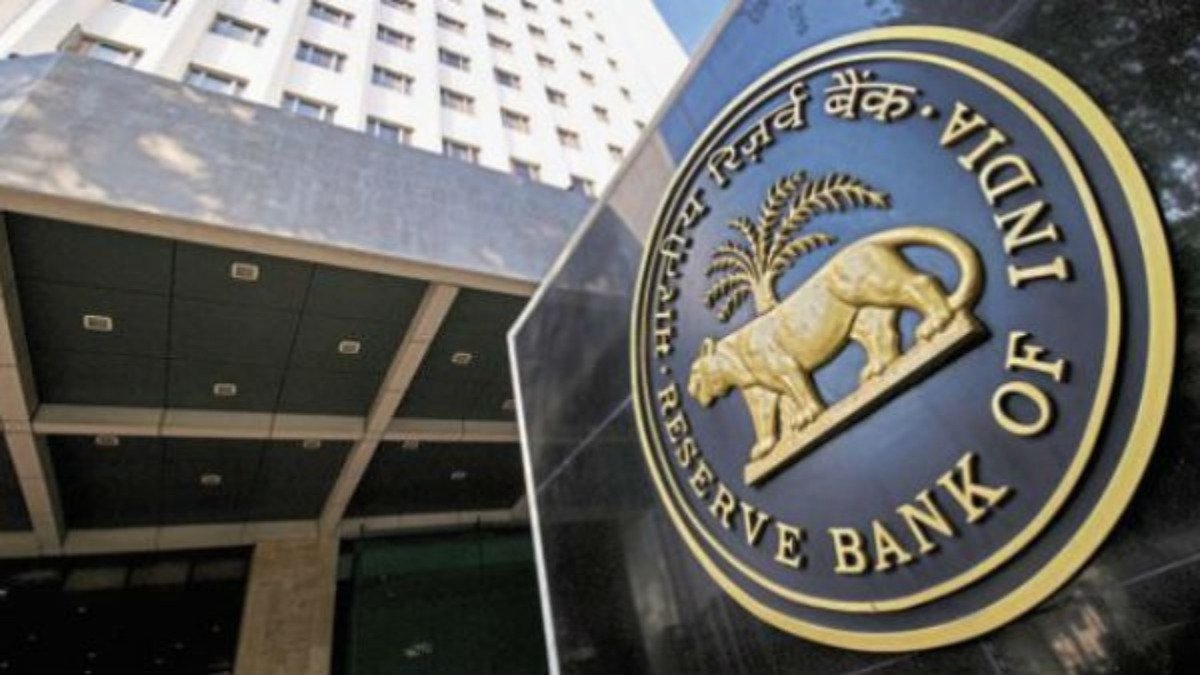The Reserve Bank of India (RBI) has introduced new banking regulations for 2025 to enhance the security and transparency of the banking system. These rules aim to curb fraud, ensure accuracy in bank account information, and take strict action against irregularities. Account holders must comply with these regulations to maintain active accounts and secure their financial assets.
Account Information Accuracy is Crucial
Under the new guidelines, it is mandatory for every account holder to keep their personal and financial details updated. If incorrect or outdated information is found, the bank reserves the right to close the account. Additionally, in cases of fraudulent activity or non-compliance, funds may be frozen or even confiscated.
KYC Process to Become Stricter
The Know Your Customer (KYC) process will now be more stringent to ensure better identification of account holders. Regular KYC updates will be necessary, helping banks track legitimate users and prevent fraudulent transactions. Failure to comply with KYC updates may lead to account restrictions or closure.
Action on Dormant and Inactive Accounts
Accounts that have remained inactive for a long period will come under scrutiny. Banks may close such accounts unless the account holder provides fresh documentation for reactivation. This move is intended to eliminate ghost accounts and unauthorized transactions.
Enhanced Fraud Prevention Measures
One of the primary objectives of these new rules is to reduce banking fraud. The enhanced monitoring system will detect suspicious transactions more efficiently, allowing immediate corrective action. This proactive approach will protect both customers and financial institutions from potential fraud.
Customer Protection and Appeal Process
While the regulations may seem stringent, they are primarily designed to safeguard genuine customers. Those following the rules will not face any difficulties. However, if an account holder believes they have been wrongly penalized, they can first file a complaint with their bank. If unresolved, the matter can be escalated to the RBI for further investigation.
Impact on the General Public
These changes will significantly impact the general public, requiring individuals to be more vigilant about their banking activities. Account holders must ensure their KYC details are updated, transactions are transparent, and any unusual activity is reported immediately to their bank.
Increased Responsibilities for Banks
Banks will also have greater responsibilities under the new framework. They must ensure customer information is accurate and secure while reporting any inconsistencies to the RBI promptly. Institutions failing to comply with these regulations may face penalties.
Preparing for the Future
Though these rules are not yet fully implemented, account holders should take proactive measures to align with them. Reviewing and correcting personal information in bank records before the enforcement date can prevent future inconveniences.
Strengthening the Banking System
The implementation of these regulations will bring significant improvements to the banking sector. Transactions will be safer, fraud cases will decline, and overall economic stability will be reinforced. Customers are advised to remain cautious, regularly check their accounts, report any suspicious activity, and protect their personal information.
Official Notification and Advisory
The RBI has released this information to enhance banking security and transparency. All account holders are urged to adhere to these new regulations and avoid any actions that could lead to penalties.
Disclaimer: This article is for informational purposes only. It should not be misused under any circumstances. For detailed information, contact your bank or visit the official RBI website.
